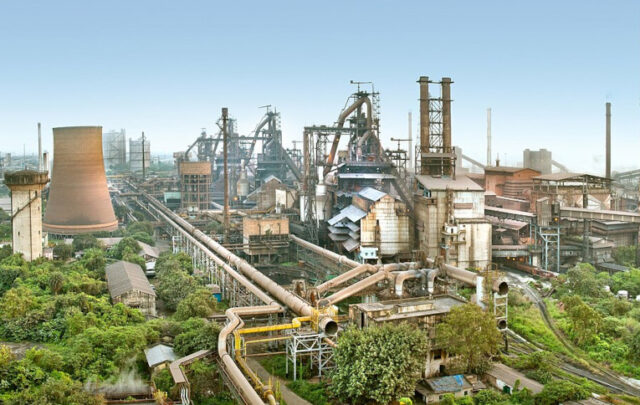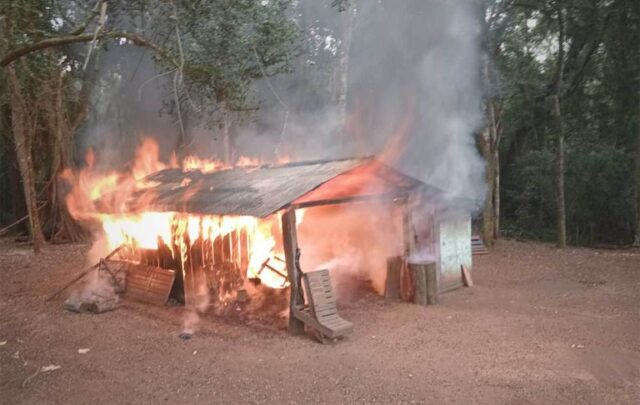Repair Café & Darning the Planet
Getting dressed is a universal human trait, but the textile industry is collapsing environmental systems everywhere. Relearning basic skills and taking back the agency in what we wear and how we wear it is an act of resistance and an invitation to reimagine ways to inhabit the planet.
July 26, 2024
Facilitating a dangerous way of life – traffic engineers in a car culture
Traffic engineers will need to focus more on accessibility, and less on mobility. As Lewis Mumford wrote in 1963, in one of Marshall’s favourite quotes, “A good transportation system minimizes unnecessary transportation.”
July 26, 2024
From Learning to Doing: Cliff Scholz on Reskilling
Cliff Scholz –advocate for healthy food and farming and the originator of the Green Hand Reskilling concept– chats with Post Carbon Institute’s Rob Dietz about what it takes to turn knowledge into action to make your community more resilient.
July 26, 2024
Any Human Power: Excerpt
‘Now is the time and we are the people. We’re being pushed over the edge of extinction by people who don’t get it and don’t care and we—’ she surged to her feet— ‘we are better than this.’ A hand slammed hard with each word. ‘So let’s bring the best of ourselves to the table, agree where we want to go and find ways to make it happen. Thank you.’
July 25, 2024
Casey Camp-Horinek: “Indigenous Wisdom: Resilience, Adaptation, and Seeing Nature as Ourselves”
This week, Casey Camp-Horinek of the Ponca Nation joins Nate to recount her decades of work in Indigenous and environmental activism. Her stories shed light on the often-overlooked struggles and tragedies faced by Indigenous communities in their efforts to restore and safeguard their homelands.
July 25, 2024
MM #7: Ecological Nosedive
I stress again that we are not separate from, above, or transcendent beyond our extended living family. That seems to be the default and utterly foolish notion pervading our culture, based on a brief fireworks show of excessive and unsustainable inheritance-spending that is in the process of setting up catastrophic failure—and for more than just humans.
July 25, 2024
Urbánika’s SolarPunk Bus Tour and Video Course on the Commons
Urbánika is an international collective of tech commoners that calls itself an “immersive activism school.” Led by Humberto Besso-Oberto Huerta of Mexico, the group wants to help build peer-governed, climate-resilient smart cities and communities, especially in Latin America.
July 24, 2024
‘Significant shift’ away from coal as most new steelmaking is now electric
GEM’s annual “Pedal to the Metal” report reveals that 93% of new steelmaking capacity announced thus far in 2024 promises to use lower emission electric arc furnaces (EAFs).
July 24, 2024
Saving Seeds for Climate Justice
As a small research team of activists, practitioners and early career researchers participating in the British Council Farming for Climate Justice Programme we set out to learn more about the potential role of farmer-led and community-saved seeds in realising just climate resilience.
July 24, 2024
Can Humanity Repair Its Relationship With Nature? Weaving Earth Education Center Offers a Promising Path
This all-ages education center reminds us that “we are a part of this earth, not apart from it.”
July 24, 2024
From Argentina with Love, and Rage
We know that we depend on ecosystems being healthy for our survival, and yet must remember that part of healthy ecology is also dependent on being more united as we protect all that we love to move forward and ensure a livable future.
July 24, 2024
The true power of the Green Party is now: to admit our own powerlessness to ‘save the world’
The ultimate reason to put more Greens in power as fast as possible is because we are the ones best placed to help this country (and others) struggle through the terrible, unknown impacts beyond 1.5 that are coming — and precisely because we are the ones brave enough to tell this whole truth, even at the cost of no longer being able to pose as electorally-deliverable saviours.
July 24, 2024













